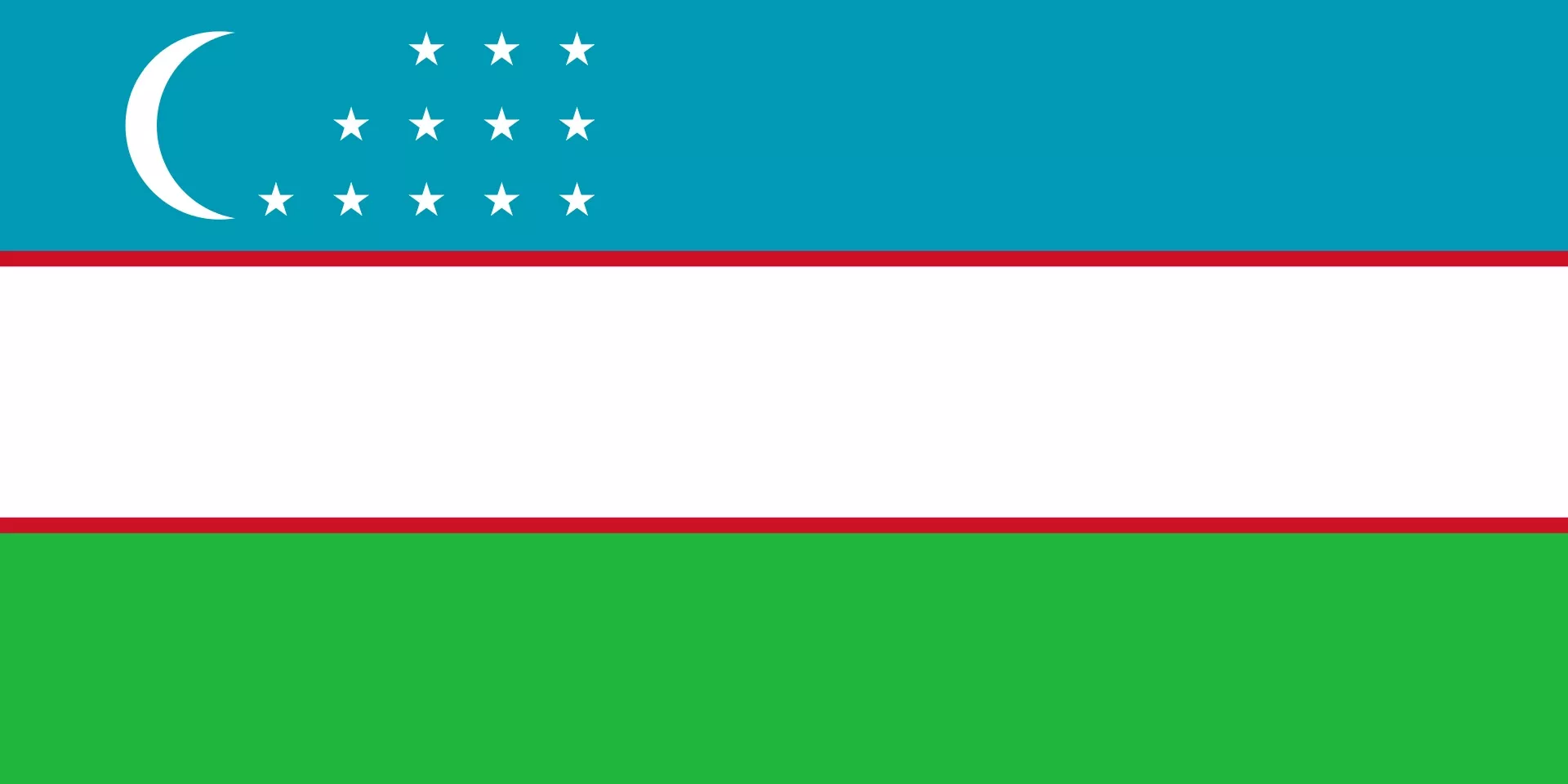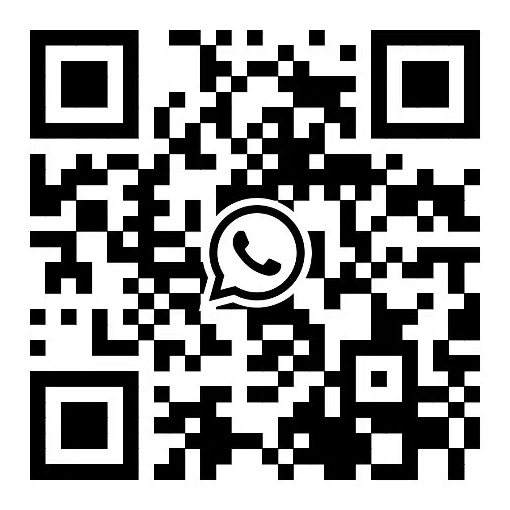

Uzbekistan
Uzbekistan is located in the heart of Central Asia, bordering the other four Central Asian countries and Afghanistan. It has a long history and culture, and many cultural relics and historical sites. It is a key hub of the ancient Silk Road, a place where multiple cultures meet, and a world-famous tourist destination. Uzbekistan has a stable political situation, a stable and orderly society, and sound laws and regulations, which have created a good internal environment for its economic development. The local natural resources are rich, and the "four golds" produced in abundance - gold, "white gold" (cotton), "Uzbek gold" (oil), and "blue gold" (natural gas) are the pillar industries of Uzbekistan's national economy. The capital, Tashkent, has a population of 3 million and is the largest city in Central Asia. Uzbek is the national language, and Russian is the common language. Uzbek belongs to the Turkic language family of the Altaic language family and is now spelled in Latin letters. Most of them believe in Islam, mostly Sunnis, and believers account for more than 90% of the total population. It is a Muslim country with separation of religion and politics. The second is Orthodox Christianity. Religion In Muslim countries, religion is the entire way of life for most people. During Ramadan, people cannot eat from sunrise to sunset. No matter how important the business is, it cannot be carried out during Ramadan. Women should wear hats in religious places such as mosques and cover their shoulders and chests with shawls. It is forbidden to worship idols, so statues of people and toy dolls in handicrafts are not allowed to enter Islamic countries. It is taboo to pass things or food with the left hand, and it is considered impolite to use the left hand. It is taboo to use black, and it is considered to be the color of funerals. It is forbidden to eat pork, mule meat, donkey meat, dog meat, and the meat and blood of animals that died of natural causes.
(1) Relevant regulations on trade management:
[Import tariffs] According to the Tariff Rates Law of Uzbekistan, which came into effect on January 1, 1998, Uzbekistan adopts three tariffs: ad valorem tariffs, specific tariffs, and composite tariffs. On June 29, 2018, Uzbek President Mirziyoyev signed the Measures on Further Rectifying Foreign Economic Activities and Improving Uzbekistan's Tariff System, which supplemented the Tariff Rates Law, canceled the wide range of import tariff preferences granted in the past, encouraged the attraction of foreign investment, created a competitive production environment in the country, and encouraged the export of high value-added products. According to the WTO's classification standards, Uzbekistan's tariff rate system can be classified as "open". In the current tariff rate, there are five levels of import tariffs: 0, 5%, 10%, 20% and 30%. The Tariff Rates Law of Ukraine stipulates that the maximum level of the tariff rate for imported goods from countries that have signed the Most Favored Nation Agreement with Ukraine is determined by law, and the import tariff rate for imported goods from countries that have not signed the agreement with Ukraine or imported goods without a certificate of origin is doubled. Ukraine has signed the Most Favored Nation Agreement with 47 countries.
[Import Prohibition] Annex No. 5 of Presidential Decree No. УП-1871 of October 10, 1997 stipulates a list of goods prohibited from import, including printed materials, manuscripts, plates, drawings, photographs, films, negatives, films, television and audio products, recordings, sound materials, and materials with pornographic content used to undermine state and social order, undermine national territorial integrity, political independence and national sovereignty, and promote war, terrorism, violence, national particularity, religious hatred, racism and its various variants (anti-Semitism, fascism). Uzbekistan Cabinet Resolution No. 213 of May 15, 1998 prohibits the import or transit of ethanol.
【Export ban system】The Ukrainian president approved the export ban list on October 10, 1997, and later revised it several times. In January 2017, the Ukrainian president signed an order to cancel the export ban on some products including grains, meat, dairy products, sugar, vegetable oils, leather and silk raw materials. According to the order, Ukraine can export grain products, flour and pasta, beef and chicken, meat and dairy products, sugar, vegetable oils, leather, fur (including Karakuri lamb), wool, antique furniture, non-ferrous metals, cocoons and silk, silk raw materials, and plastic packaging.
(2) Preferential policies for foreign investment:The Uzbek government's preferential policies for foreign investment are mainly aimed at physical enterprises registered in the free economic zone. For direct investment of US$300,000 to US$3 million, they are exempt from land tax, income tax, corporate property tax, social infrastructure renovation and development tax, unified tax (for small enterprises), and deductions from the maintenance fund of schools, vocational colleges, academies of sciences and medical institutions outside the budget of the Ministry of Finance of Uzbekistan for three years; for investment of US$3 million to US$5 million, the preferential period is five years; for investment of US$5 million to US$10 million, the preferential period is seven years; for investment of more than US$10 million, the preferential period is 10 years, and after the expiration of the 10-year period, they still enjoy the preferential treatment of halving the income tax and unified tax. In addition, enterprises investing in the free economic zone are exempt from customs duties (except customs fees) on raw materials, materials and parts imported from abroad for the production of goods locally; foreign exchange is allowed to circulate in the zone, that is, settlement and payment in foreign exchange are allowed.
(3) Regulations on foreign investment industries: [Restricted industries] State-monopolized industries, such as energy and key mineral product (such as uranium) development, have equity restrictions, and foreign investment generally does not exceed 50%; railways and other fields are completely monopolized by the state. Since 2018, Ukraine has further increased its efforts to attract investment, and restrictions on foreign investment in related industries have gradually been reduced. At present, upstream power generation and oil and gas extraction in the power, oil and gas sectors are open to foreign investment; the national transmission grid and domestic natural gas pipeline network are monopolized by Ukrainian state-owned enterprises and are not open to foreign investment. [Encouraged and supported industries] We encourage and support industries such as radio electronics, computer accessories, light industry, silk products, building materials, poultry and egg production, food industry, meat and dairy industry, fishery product processing, chemical industry, petrochemical industry, medical treatment, veterinary quarantine, pharmaceuticals, packaging materials, renewable energy utilization, coal industry, hardware products, machinery manufacturing, metal processing, machine tool manufacturing, glass and ceramics industry, microbial industry, and toy manufacturing, and provide preferential policies such as exemption from corporate profit tax, property tax, social infrastructure construction tax, compulsory deduction of the Republic Road Fund, and unified tax for small and micro enterprises.

Customized overseas services for Chinese enterprises
Helping Chinese companies to expand overseas with less worries
